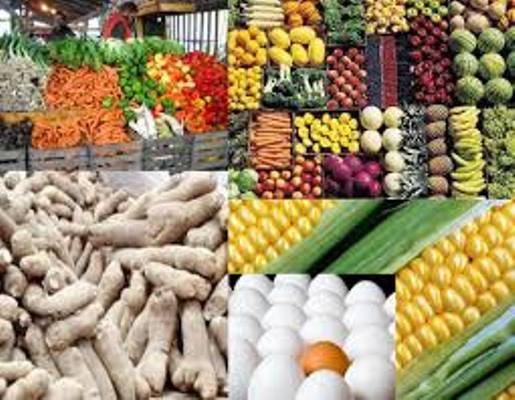
Loveth Okoli
The Governor of Central Bank of Nigeria (CBN), Mr Godwin Emefele, says Nigeria is targeting to attain self-sufficiency in maize production by 2022.
Emefele made the disclosure on Thursday in Katsina at the launch of the 2021 maize wet season farming and first maize pyramid in Nigeria.
He said that the country has witnessed remarkable increase in maize production during the past six years with support of the Anchor Borrower Programme.
Emefele said that the CBN would support farmers to cultivate over 500,000 hectares of maize in 2021, through the anchor borrower programme.
The CBN governor said that would be achieved through synergy between stakeholders and the resilience of farmers.
“This event symbolises our commitment towards enabling self-sufficiency in maize production by 2022 in Nigeria,” he stressed, adding that maize was one of the priority crops under the anchor borrower programme.
He said that Nigeria, with a population of about 200 million people, must end food import which has continued to drain the country’s external reserve, creating unemployment and disruption in commodity value chain.
Emefele explained that the deployment of technology had facilitated farmers enumeration, biometric capture and GPS mapping of farms to enhance efficiency of the programme.
“The 2018 wet season witnessed remarkable increase in the number of beneficiaries, as about 67,181 farmers were empowered to cultivate 110, 832 hectares across 36 states.
“In 2019, it was 100,000 hectares, and that of 2020 was 250,000 hectares cultivated, but we hope to increase the target in 2021 to 500,000 hectares,” he said.
He said that the CBN would introduce the use of high yield seeds and mechanisation farming, among others to achieve the target, and urged Nigerian youths to embrace agriculture as means of livelihood.
In his remarks, the National President of Maize Association of Nigeria, Dr Bello Abubakar, urged farmers to repay loans granted to them in good time for the progress of the programme.
Abubakar said that the maize pyramid was made from the crops refunded by farmers for the loan collected under the anchor borrower programme.











